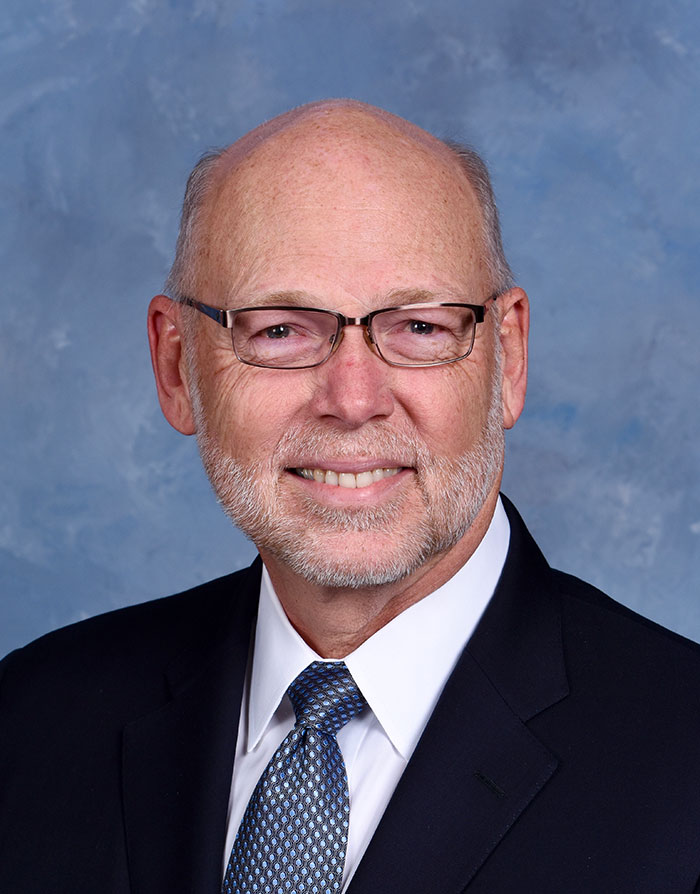
 Entrepreneur
EntrepreneurCarl Ring is the retired Chairman of Ring Container Technologies. Ring Container is one of the largest plastic container manufacturers in North America. They are headquartered in Oakland TN and have grown from one factory in 1980 when Carl joined, to eighteen manufacturing locations, employing over 700 people, across the United States, Canada, and Great Britain. Many Memphians know Ring Container by its previous name, Ring Can Corporation, which was founded by Carl’s father, Bob Ring, in 1968.
Ring Container’s success is deeply rooted in its culture where its people are valued, challenged, and encouraged to have fun. Ring also has a “focused plant” philosophy whereby highly engineered and automated “clean-room” plants are geographically located near major customers to best serve their daily needs. To accomplish this Ring has an extensive engineering department, many of whom were recruited locally from the University of Memphis and Christian Brothers University.
In 2017 Ring Container was sold to Michael Dell’s MSD Partners. MSD supports the people and culture at Ring and continues to grow the company.
Carl and his wife, Dr. Trish Ring still reside in Memphis, but now spend their summers at Blue Star Ranch which they built in the Blue Ridge Mountains of N.C. in 2014. Blue Star Ranch is a 160 acre ranch which hosts private events for leaders, teachers, groups, or individuals of various disciplines to retreat and collaborate. The cornerstone program at the ranch is Ring Leader Equine Coaching overseen by Dr. Trish Ring. Carl spends his time in his machine shop, with his horses, or dreaming up new projects to start. Together, Trish and Carl have 4 children and one grandchild.
Carl earned a bachelor’s degree in Mechanical Engineering from Georgia Tech in 1978 and currently sits on the President’s Advisory Board.
Manufacturer of food-grade plastic containers for the food service and retail industry.
“Many people seem to define an Entrepreneur as someone who creates a unique product or service. This was not the case at Ring. Goodness knows, there were plastic bottle companies operating long before us. Many were highly diversified and multinational in scope, and very well financed. Ring differed primarily in our approach.
First, in order to better serve our customer base which was widely scattered across the nation’s small towns, we decided to build small, clean, highly automated factories next door to each major customer. By being next door we were able to build relationships and offer immediate deliveries. Our delivery times were measured in hours. Our competitors’, who shipped hundreds of miles, were measured in days.
Second, we decided our investment decisions would be based on long term considerations. Many times we invested in new people, new technology, or new factories when there was not a great return to be demonstrated on paper. Some of our best decisions were those that cost us dearly in the short term. As a result we developed a pretty good feel for when to ignore the accountants.
Third, we maintained an intense commitment to a strong balance sheet. While many of our competitors leveraged themselves to grow quickly, we grew slowly out of earnings and rarely ever carried debt. This enabled us to weather economic downturns and continue to invest in the business. Interestingly some of our later investments were to acquire competitors who had grown too fast and become too leveraged.
Fourth, we decided our people were our most precious asset and worth taking care of. My management team took great pride in helping team members accomplish things they never imagined possible.
I mention these four points not to suggest that everyone should adhere to them. I mention them because the entrepreneurs I admire most are those who are willing to decide, for their own business, what their unique approach will be, which guiding principles they will stand for, and which values they will commit to. I believe the great entrepreneurs are the ones who answer those questions. Thank goodness for them.”